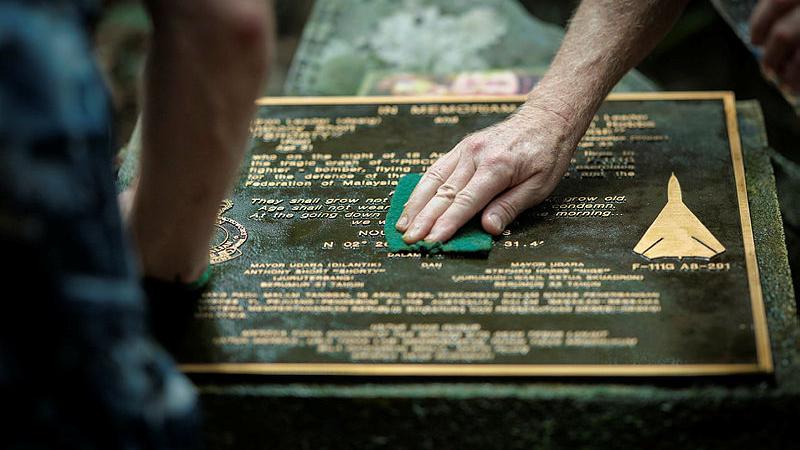After months of lobbying from the Australian Government and technological advances made by industry, better market access has been gained for Aussie chilled meat products headed to the Middle East.
The Gulf Cooperation Council (GCC) – a union comprising Bahrain, Kuwait, Oman, Qatar, Saudi Arabia, and the United Arab Emirates – has increased the maximum shelf life they would accept on imported vacuum-packed chilled meat and meat products.
Beef and buffalo meat has been increased to 120 days and sheep and goat meat has increased to 90 days.
Recent advances in the quality of packaging material and the stability of refrigeration equipment in the supply chain have allowed this change to occur.
Minister for Agriculture, Fisheries and Forestry, Senator Murray Watt said this latest achievement makes it easier and cheaper to export red meat to the Middle East, especially by sea.
“We understand that our livestock industry has been doing it tough lately with rapidly decreasing livestock prices caused by an oversupply in the market,” Minister Watt said.
“That’s why we’ve been working extra hard to secure better market access conditions for our export producers.
“The Albanese Government is backing industry to realise the huge opportunities to export their excellent products to an ever-growing global market.
“Not only does this improved market access mean that export by sea is now possible-saving approximately $3/kg of product – but our product can also keep their premium price longer, which means higher profit.
“This one change sees market access improve for chilled meat bound for Oman, Qatar, Bahrain, Saudi Arabia, Kuwait and the UAE.
“We will continue working to encourage other countries to adopt increased shelf life of Australian red meat products.”
Chilled, vacuum-packed red meat greatly extends storage life compared to un-packaged fresh meat. The vacuum-packing removes oxygen which slows the growth of bacteria and preserves the meat quality at the optimal temperatures.
The extended shelf-life of chilled, vacuum-packed meat allows meat to be exported in refrigerated containers sent by sea rather than air freight-and sea transport is more cost efficient than air freight.
By reducing freight costs, Australian meat may become cheaper and more desirable for importers. A longer shelf-life also helps meat distributors and retailers reduce waste.
With the GCC countries setting a precedent to receive the 120-day packaged beef and buffalo and 90 days for sheep and goat meat, it is expected that other markets will be more confident to adopt the same change.








